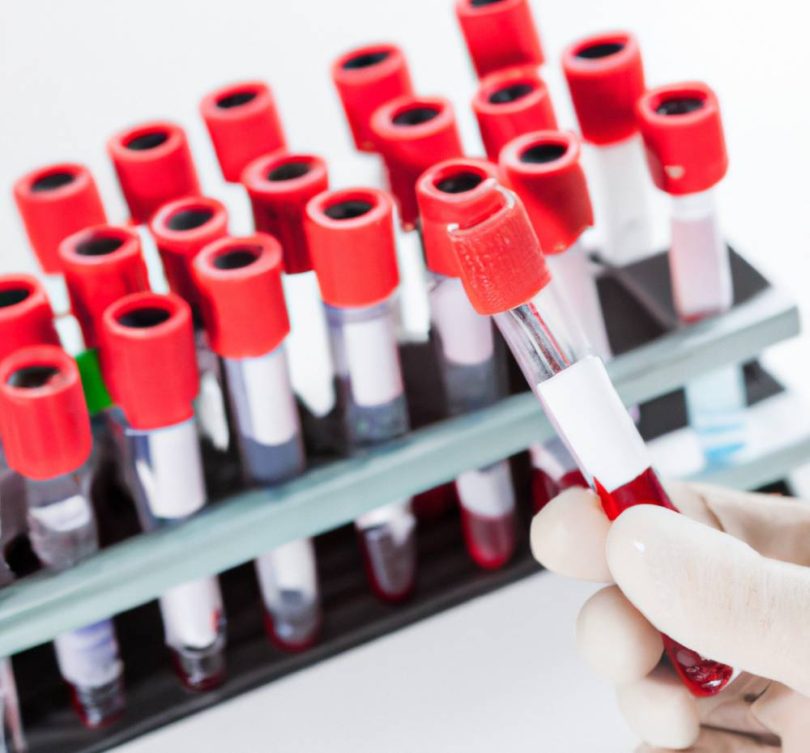Many people have heard of CBD, but not so many know about CBG, another cannabinoid that is becoming popular amongst medical cannabis users. CBG is a minor cannabinoid, but its benefits aren’t minor at all and it has shown positive effects on problems such as migraines, muscle soreness, and inflammation – even more so than CBD. [1]
With its health benefits becoming more researched and known, many people interested in using CBG are beginning to wonder if this substance will show up on blood tests or other drug tests they have to take.
CBG And Drug Tests CBG (like CBD) usually will not appear on blood tests and other drug panels and screenings if it is 100 percent CBG. The primary reason CBG doesn’t show up on blood tests is that general testing protocols don’t usually look for this substance in an individual’s bloodstream.
But this doesn’t necessarily mean you have nothing to witty about if you take CBG oil or gummies. Most blood tests will look for delta-9 tetrahydrocannabinol (THC) and not CBG, but many CBG products are not 100 percent CBG and contain trace amounts of THC. [2] If the product has THC in it, it will be picked up on a blood test, and you could be flagged by your work or the entity that has required you to undertake the blood test. [3]
However, it’s important to note that THC won’t stay in your bloodstream indefinitely, so whether or not your CBG product containing THC will be picked up will depend on how often you take it and how much is in it. If you frequently take CBG that has trace amounts of THC, it’s more likely to show up on blood tests.
References:








